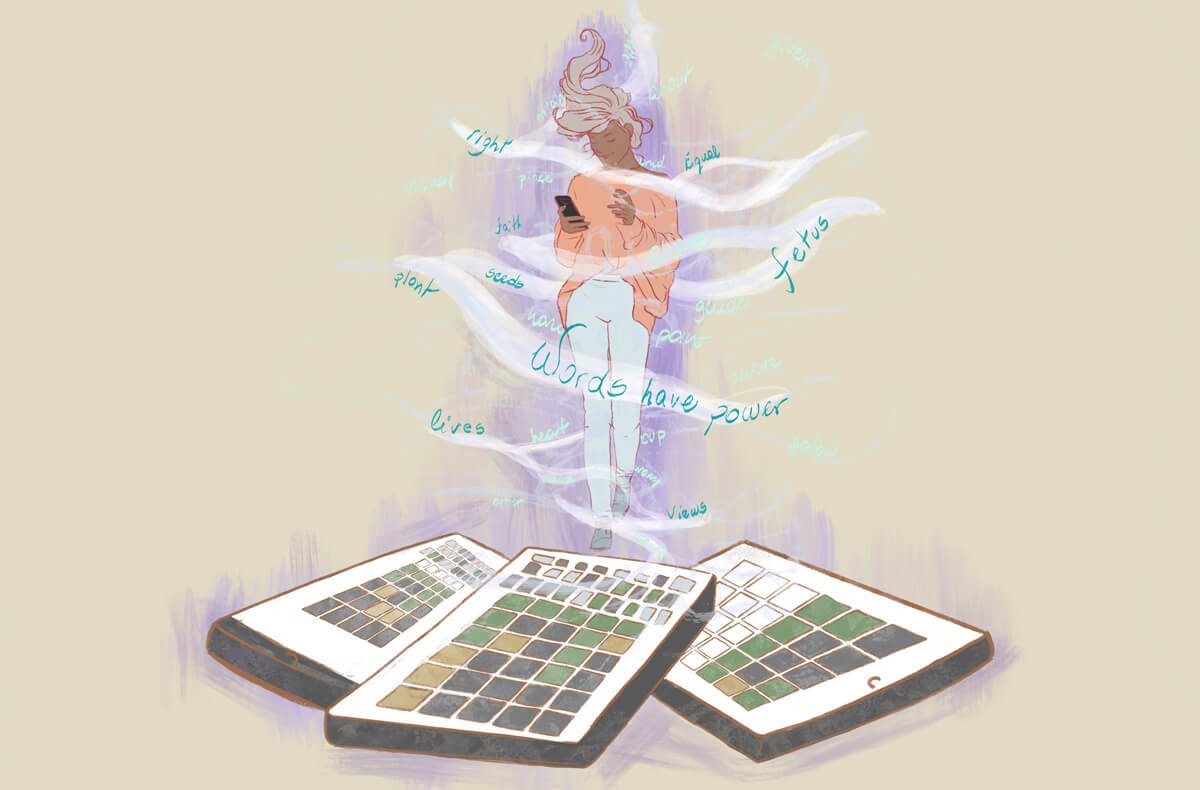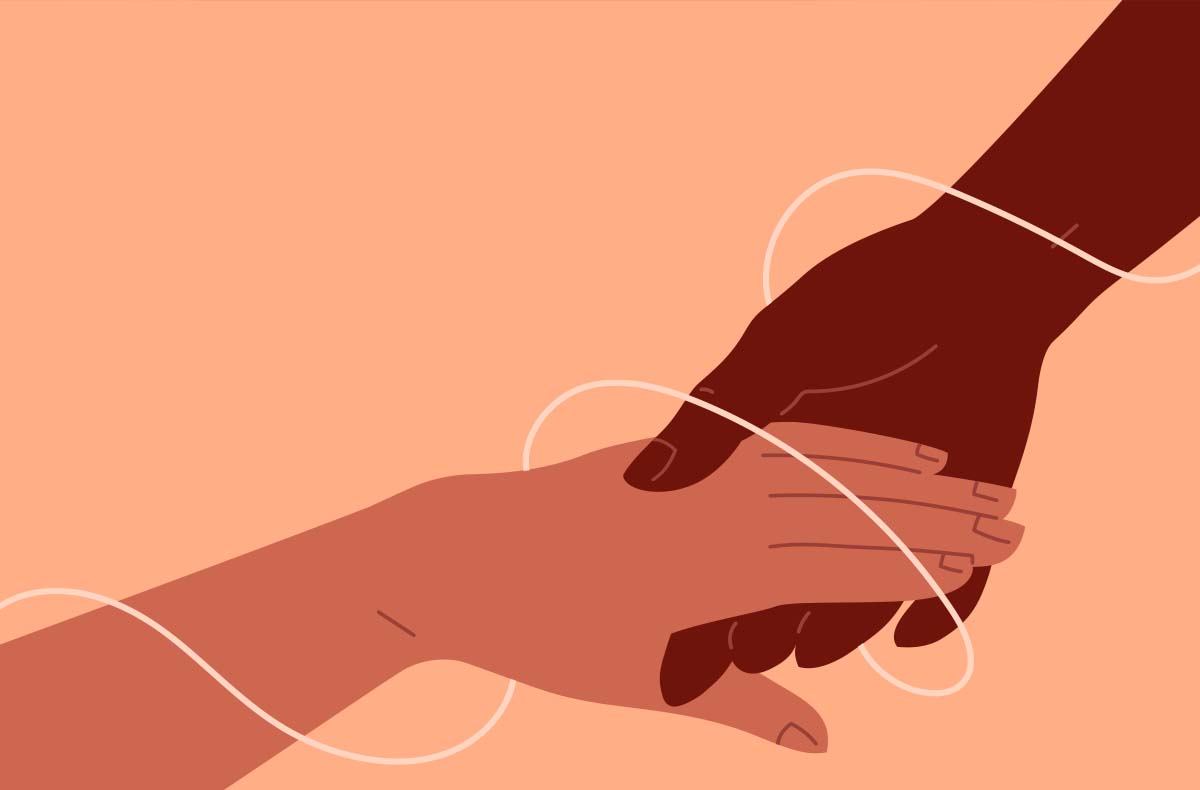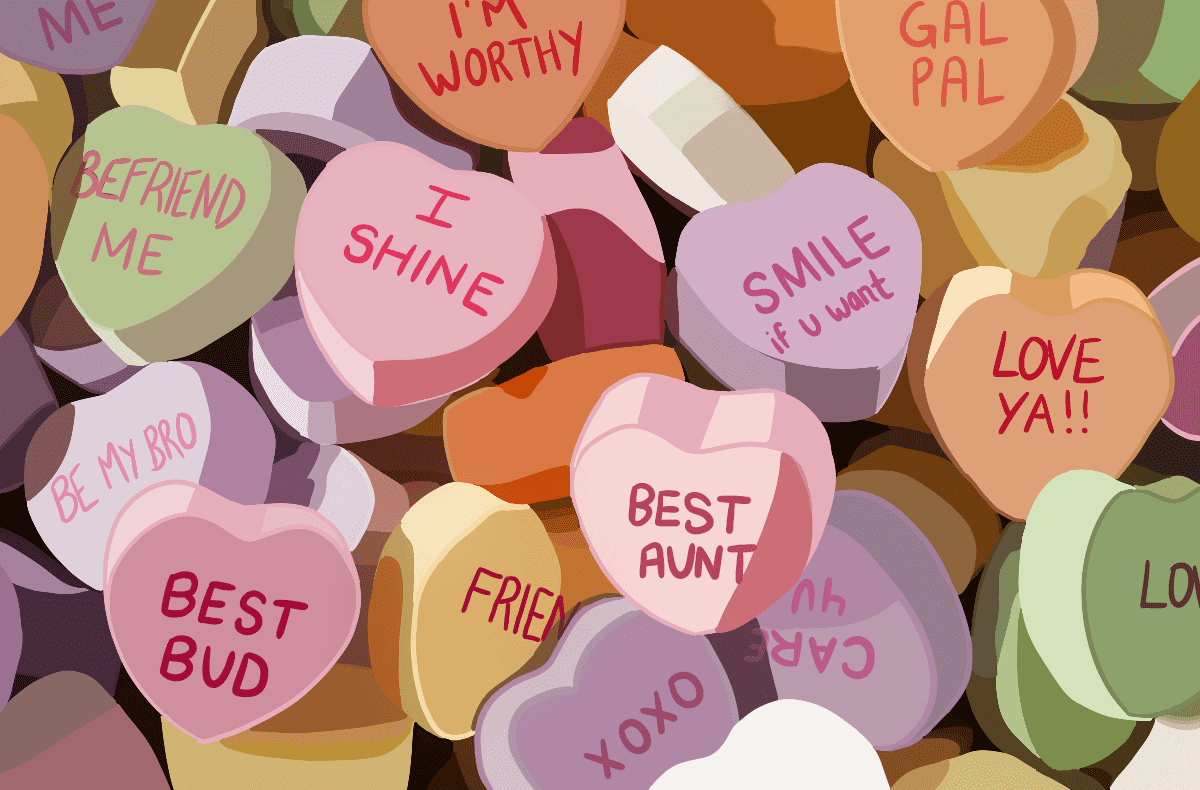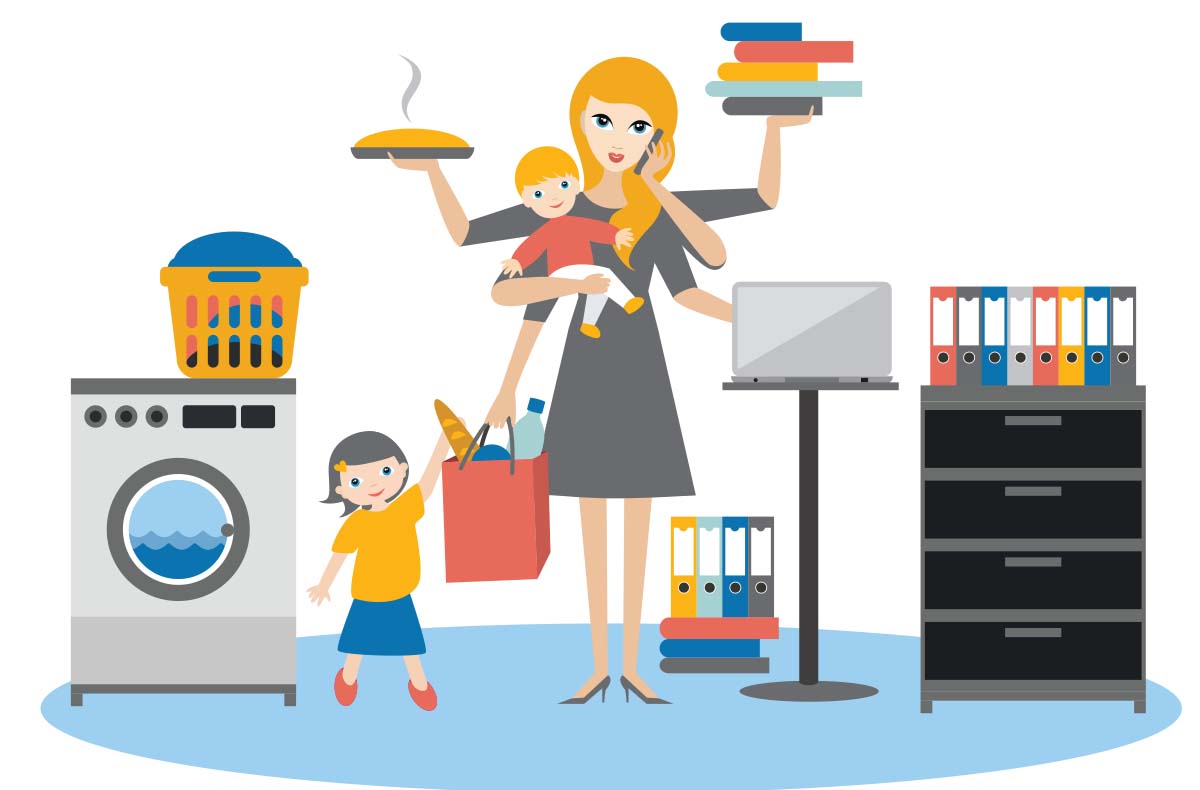
I never expected a Wordle answer to devolve into a deep conversation in the group-text chain… and yet, on the morning of the now infamous Wordle “two-word scandal” it did just that. One friend sent, “Wow, intense word choice today, huh?” and the rest of us were frantically trying to figure out what new, wild news story involved the word “shine.” (I am only posting Wordle results because this is well in the past: I’m not a monster.) Soon, we realized that the word had been changed from another five-letter word: fetus. At that point, the New York Times had already released a statement blaming bad technology and apologizing for the word in light of people’s passionate feelings about the Supreme Court.
Yes, “fetus” is a loaded word right now. Absolutely. Emotions are correctly high. This is a huge and important conversation with lives and freedoms and rights all at stake. No one is coming casually to their opinions. Well, okay, I’ve seen a few Tweets so cavalier that they made my jaw drop… but most of us are approaching this from a place of deep emotion and deeply-lived experiences.
My first thought though was: “Wait, why are public apologies being issued for medical terms?
Why should the NYT feel the need to apologize for—and retract—a word that was not a slur, nor a denigration to anyone, just a medically-accurate word that has been in use since the late 14th century?”
Dictionary.com defines fetus as: “the young of an animal in the womb or egg, especially in the later stages of development when the body structures are in the recognizable form of its kind, in humans after the end of the second month of gestation.”
Merriam-Webster says it’s “an unborn or unhatched vertebrate especially after attaining the basic structural plan of its kind specifically : a developing human from usually two months after conception to birth.”
My friend Amy asked the group chat, “Do you think the word ‘fetus’ has a stronger association with one side or the other?” Meaning political sides. I responded, “I think it is seen as a pro-choice word, not that it inherently is one, but I think that is now the association.” She agreed.
This is where we are now. One word can cause an outpouring of outrage, or other powerful reactions. Was it simply an AI that everyone is ready to cancel? Or was it a person subtly inserting a view—and if so… is that bad? Is it wrong for a game or a newspaper to have a point of view on major events in American history that affect millions of lives?
We need to be careful removing words from the discourse (excluding hate speech and slurs.) We need to be even more careful about removing the discourse altogether. Not listening to each other, not allowing difficult and nuanced conversations and instead jumping straight into reactions or banning discourse is causing us a dangerous amount of trouble.
This isn’t just about the word “fetus.” If you are online at all—and if you are reading this, you are—you know that every day is an onslaught of reaction and outrage. Today, if a teacher mentions one of the very real and factual horrors in American history—slavery—there is an immediate outcry about “critical race theory,” as if historical facts presented in elementary schools are suddenly a complex, academic deep dive into college level critiques on systemic and institutional racism.
We see extreme reactions everywhere. It’s not limited to any group or political party. The joke is that if you tweet “I love pineapple,” someone will respond with “Why do you hate mangoes?!” There’s truth in it. I’ve tried to talk about how complicated the pandemic was for parents worried about their children, only to be told I was “insensitive to childfree people,” as if my speaking from my experience translated to me somehow invalidating another. Everyone is so worked up, so tense, so tightly wound that we find slights everywhere we look. It’s social capital. People see one word or one phrase and decide to sum up the whole argument. There is no nuance. We’re not listening to each other; we’re waiting to one-up each other. People often make assumptions about my views, my voting record, and my politics based on the rainbow flag on my profile.
Yes, I am a lesbian. No, that doesn’t tell you everything you need to know about me. Could you make an educated guess? Yes. Would a lot of the conclusions you jump to be correct? Yes. Not all of them, but it is a safe jumping off point. I don’t think we have to pretend that worldviews and politics don’t go hand-in-hand: they do, but there are areas where I am more to the right or more to the left of where you may assume me to be.
There are also issues so fundamentally polarizing there is no “middle ground.” For example, anyone who thinks my family doesn’t deserve equal rights is not a person I have simple “political differences” with. If someone is racist, I’m not going to find a halfway point for that. It’s wrong. There are areas, though, where we should be able to have a conversation. I even find it helpful to discover why people feel the way they do about the issues where I morally cannot and will not bend. These views are sometimes helpful to me in understanding how to possibly reach others who are not as far gone. (Only do this if you have the bandwidth and desire.) I follow some outrageous people on Twitter because I want to know what they are saying. Other people block anyone with views they find hurtful because they don’t want to randomly be subjected to it. In my opinion, both tactics are valid.
I do know there is no chance to understand each other or change hearts and minds when opening with, “well, you people….” If we see a word choice or an emoji and immediately jump to outrage or into the middle of an argument full of preconceived ideas about what the other person “must” believe, it is not going to help anyone.
Thanks to technology, it is fairly possible to surround ourselves with only like-minded others. Personally, I don’t think that is helpful in the long run. I think the most powerful thing we can do is have the tough conversations, and have them in good faith; come to them with curiosity, at least. It’s not easy. It’s not painless, but it’s also not endless. No one is entitled to your time and energy; you get to decide where and when and how you want to have those conversations. I just don’t see a world where we ban words and only approach everyone as a potential enemy as the best way forward.
Most of us don’t do this in our actual, in-person lives unless someone has done something truly egregious. If someone uses a word that makes us assume their stance on tough issues, usually we might ask a follow-up question or gently guide the conversation. In person, we tend to come from a place that is more compassionate.
(Granted, there was a man in my family growing up who did act like an internet troll in real life. I remember once we were in an antique store, and he asked the woman who owned it, “Are you a Democrat?” She said yes and he replied, “Oh I bet you’d vote for Hitler if he were a Democrat.” See? Classic internet troll, IRL: ask a question and then jump straight to Hitler. And this was in the early aughts. I died a thousand deaths of embarrassment and apologized for his behavior.)
This is not how most of us act when meeting a new person, nor with people we’ve known and disagreed with for years. So what is it that has us jumping down each other’s throats online? What is it that has us so reactionary that a fun puzzle game can’t use a completely appropriate, medically-accurate term without outrage? Why can’t we talk about things? Or should we even bother? Are we just too far gone? I hope not.
Words have power. Absolutely. Listening has even more power. We cannot effectively communicate when we are shouting each other down. I’m not saying every horrific opinion should be given equal airtime. I don’t believe we should subject ourselves to hate speech or calls for harm, but if we don’t start trying to listen, trying to understand each other it will end in disaster.
If we can truly have honest conversations, and to come from them from a place of honest compassion and good intentions, we might be able to plant seeds of understanding. We may both walk away with a new thought or perspective that can then be joined and changed by our own points of view and then grow and take shape into something new. You know, like a fetus.



